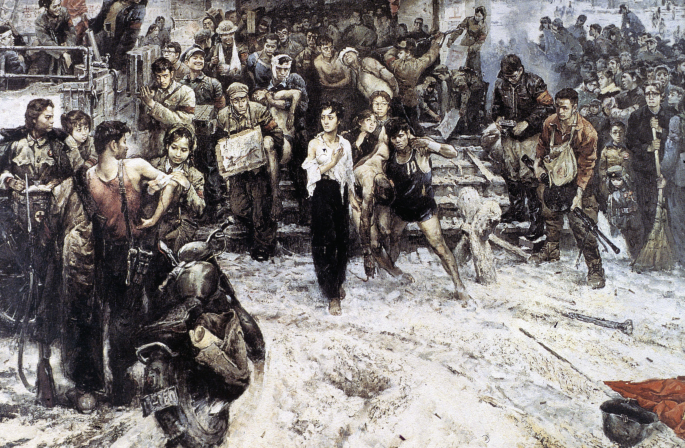The Rebellion Against Authority: Nezha, Hamlet, and Prometheus
Rebellion against authority is a timeless theme found in both Eastern and Western literature, reflecting deep cultural values. Nezha’s defiance of his father, Li Jing, resonates with figures like Hamlet and Prometheus—each representing resistance against oppressive forces. This article explores how these rebellious acts differ in their cultural and mythological contexts, revealing contrasting ideals of filial piety, justice, and individualism.
Cultural Roots of Defiance in East and West
Nezha’s rebellion in Chinese mythology is rooted in Confucian ideals, where filial piety clashes with personal justice. His defiance of Li Jing, though heroic, carries moral complexity—punishing an unjust father while facing societal condemnation. In contrast, Western literature frames rebellion through individualism: Hamlet’s hesitation stems from existential doubt, while Prometheus’s theft of fire symbolizes defiance against divine tyranny.
- Nezha embodies a paradox—honoring righteousness over blind obedience.
- Hamlet questions authority through introspection, reflecting Renaissance humanism.
- Prometheus champions human progress, defying Zeus’ oppressive rule.
These differences highlight how cultural narratives shape rebellion—whether as a moral duty, philosophical struggle, or cosmic defiance.
Rebellion as a Reflection of Society
In Chinese tradition, Nezha’s eventual reconciliation with Li Jing underscores harmony’s importance, even after conflict. Western narratives, however, often glorify tragic defiance—Hamlet’s fatal resistance, Prometheus’ eternal punishment. This divergence reveals societal priorities: collectivism versus individualism, order versus freedom. Yet, all three figures remain enduring symbols of resistance, proving rebellion is a universal, though culturally nuanced, human impulse.
Conclusion: The Universal and the Particular in Rebellion
Nezha, Hamlet, and Prometheus each challenge authority, yet their stories reflect distinct cultural philosophies. Where Nezha negotiates between duty and justice, Hamlet and Prometheus embody uncompromising defiance. By comparing these figures, we see rebellion as both a shared human experience and a lens into societal values. Ultimately, their legacies remind us that resistance—whether punished, redeemed, or mourned—shapes the stories we tell.


